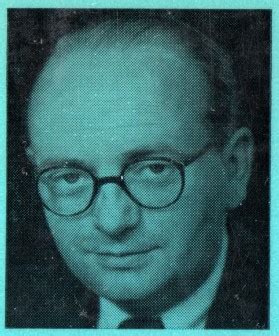A Quote by James A. Haught
Is religion a force for good? The evidence of history and the evidence of current events cast doubt on the truism.
Related Quotes
What should we think of someone who never admits error, never entertains doubt but adheres unflinchingly to the same ideas all his life, regardless of new evidence? Doubt and skepticism are signs of rationality. When we are too certain of our opinions, we run the risk of ignoring any evidence that conflicts with our views. It is doubt that shows we are still thinking, still willing to reexamine hardened beliefs when confronted with new facts and new evidence.
Martyrdom is evidence only of a man's honesty - it is no evidence that he is not mistaken. Men have suffered martyrdom for all sorts of opinions in politics and in religion; yet they could not therefore have all been in the right; although they could give no stronger evidence that they believed themselves in the right.
Until recent times, absence of evidence for his [Jehovah's] existence has not been sufficient to rule him out. However, we now have enough knowledge that we can identify many places where there should be evidence, but there is not. The absence of that evidence allows us to rule out the existence of this God beyond a reasonable doubt.
I picture the evidence for the deity of Jesus to be like the fast-moving current in a river. To deny the data would be like swimming upstream against the current. That doesn't make sense. What's logical, based on the strength of the case for Christ, is to swim in the same direction the evidence is pointing by putting your trust in Jesus as your forgiver and leader.
Whether we like it or not, quantification in history is here to stay for reasons which the quantifiers themselves might not actively approve. We are becoming a numerate society: almost instinctively there seems now to be a greater degree of truth in evidence expressed numerically than in any literary evidence, no matter how shaky the statistical evidence, or acute the observing eye.
When you're dealing with a problem as complex as autism, you have to look at it from many different points of view and assemble evidence from many different vantage points. Biological evidence in humans and in animals, toxicologic evidence, how does the body deal with toxins, and evidence looking at the actual experience in populations.































